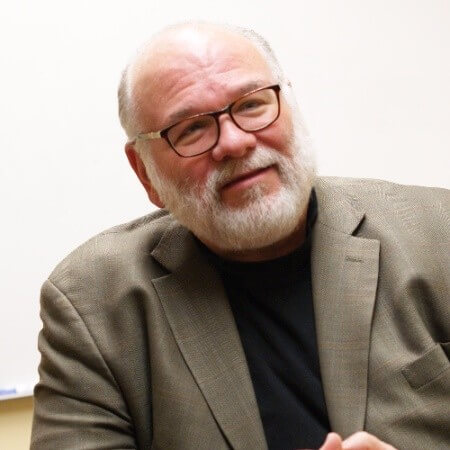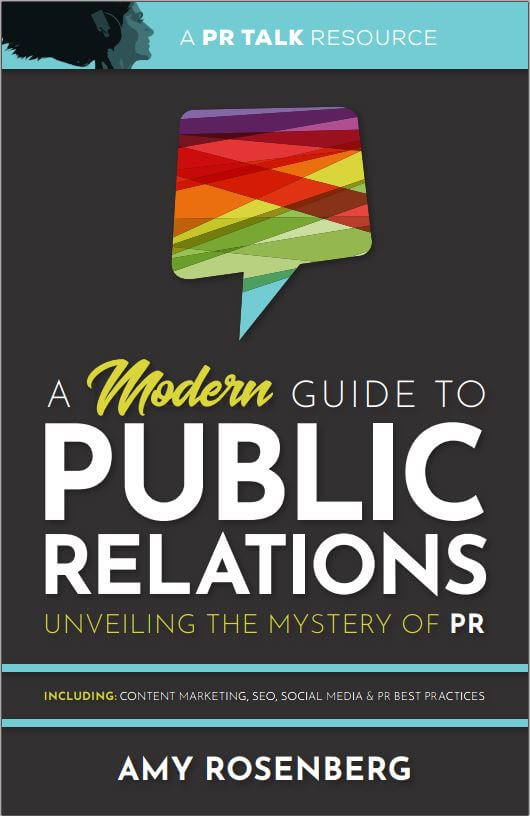Here’s How.
Over the last year or two, we’ve witnessed a fundamental realignment of our relationship with work. Broad trends like the Great Resignation, quiet quitting, and the ongoing debate over the legitimacy of remote work have exposed a significant rift between employers and employees. Some business leaders have responded by questioning the commitment and dedication of today’s workers. Others have doubled down on the same outdated management practices that drive these trends (see Elon Musk and Twitter) in an effort to wrestle back control.
Neither of these approaches is the correct way to meet this unique moment. Employees will continue to have higher expectations for their careers and the people in leadership positions around them. Consequently, business leaders must respond by re-examining the way they lead rather than continuing to reinforce authoritarian, position-driven management practices.
My Leadership Influences
I’ve been fortunate to spend most of my career leading people. And while I’ve never been drawn to a top-down management style, it took me several years to define my own leadership practice. Apart from my work experience, I’ve drawn inspiration from two important sources.
The first is my cultural identity of being Jewish, which places great importance on supporting those who are less fortunate than you. This deeply-ingrained outlook helped me discover my second great source of leadership inspiration: The Rotary Club of Portland.
For those unfamiliar with Rotary, it’s an international service organization that encourages people to unite and take action for good across the globe. One of the things I find most appealing about Rotary is its Four-Way Test, which helps members make sound and ethical decisions.
The test includes four questions:
- Is it the TRUTH?
- Is it FAIR to ALL concerned?
- Will it build GOODWILL and BETTER FRIENDSHIPS?
- Will it be BENEFICIAL to ALL concerned?
The words truth, fair, goodwill, better friendships and beneficial are purposely written in all-caps to remind members of the most critical elements of this test. When I refer to the test, I also include all in uppercase letters as a personal reminder to center equity and inclusion in my decisions.
Defining a Leadership Approach
My cultural identity and experience in Rotary helped lay an ethical foundation for my leadership approach, which I’ve used in my work with Veracity, and other endeavors, like chairing the Oregon Ethics in Business Awards. As I lead, I use those ethical principles to foster four important actions that guide my daily work and interactions with my team members:
1. Encourage Diversity of Thought
You’ll be amazed at what you can learn when you accept that you don’t know everything. One of my most important jobs as a leader is to unlock the potential, creativity and a sense of purpose within the individuals on my team. But that will never happen if I inflict a heavy, top-down management style that places primacy on my approach while penalizing my team when they demonstrate autonomy of thought and action. Instead, I seek to treat my team members as equals, each with their own valuable views, opinions and contributions. Over time, this builds people’s confidence and makes work more efficient, benefiting our business and clients.
2. Create a Culture of Trust
Encouraging diversity of thought goes hand-in-hand with creating a culture of trust. My team needs to know they can make decisions and mistakes without being second-guessed. They also need to know that I’m available whenever they need help. Building this type of culture will take work. As a leader, you need to take action to build trust by listening to your team and asking questions. This curiosity should extend beyond work and into life in general. By demonstrating that your relationship is more than just a transactional exchange, you’ll build a level of trust that can empower your team to do great things.
3. Have an Unselfish Mindset
Too many people view leadership as a zero-sum game, believing that if they give too much, they’ll lose out in the end. I believe this is a fear-based outlook that will only end up limiting leaders and their teams. In contrast, giving of yourself freely — whether it’s your time, knowledge or support — empowers your team to do much more than they could on their own. I’ve always believed that as a leader, I’m in a position to prove my worth to the people I lead, and giving generously is one of the best ways to accomplish that.
4. Foster Leadership in Others
These first three actions ultimately lead to the fourth, which is fostering leadership in others. This goal moves beyond individual autonomy into something even more remarkable, where team members feel confident and free enough to lead from wherever they are. However, fostering leadership in others is only possible when leaders listen to their team to learn what excites them about their work. It’s only possible when team members know they can make honest mistakes and fail in a safe and supportive environment. It’s only possible when business leaders are unselfish enough to turn their personal power over to others. But businesses can accomplish almost anything when all these pieces fall into place.
The Benefits of This Leadership Style
In my experience, managing with a people-first perspective creates happier teams, less turnover, and better results. It’s even allowed me to evolve my role at Veracity from the CEO and CMO to an advisor focused on business operations, marketing and client strategy.
We’ve even brought this inclusive leadership style to our client work. Rather than operating from a fear-based perspective by protecting our expertise and knowledge, we empower our clients to learn what we do and why we do it, even turning some roles over to them if it’s a better fit. As a result, we build stronger relationships and deliver better bottom-line results.
This management style has also been successful in other industries. When Art Barter became CEO of Datron in 2004, he committed to a people-centric management style many people call servant leadership. After six years of using this approach, the company’s revenue grew from $10 million to $200 million.
It’s Time for a New Approach
At its core, leadership is about influence. Under a traditional business model, leaders gained influence through their position and explicit authority over their direct reports. While this approach is effective in its own way, it doesn’t always build loyalty among employees or inspire them to do their best work. By contrast, a people-centered leadership style seeks to be more egalitarian by recognizing the team’s existing abilities and using your tools as a leader to help them find more success in their work. This approach builds influence not through position but by an earned trust. Ideally, employees feel more appreciated for their work, in control of their future and more engaged in the company’s mission.
Become a Better Leader for Your Team
If you’re a business leader who wants to help your team thrive individually and collaboratively in this new business environment, here are a few steps you can take:
- Ask your team more questions: This effectively demonstrates that your team’s opinion matters. Focus on searching questions that elicit better answers to show how much you value feedback.
- Be open to questions: Have an open door (or email, or slack or phone) policy for any and all questions. Never make someone feel like they should have known or not asked a question.
- Take small actions: Sometimes, even small things can make a big difference in how your teammates perceive you. Actions like not correcting an employee during a client call, or adding your ideas when not needed to assert power or listening without interrupting demonstrate that you trust your team and want to foster a safe learning environment.
Underlying all of this is the simple idea that the leader’s place is to serve by empowering their team to be their best. That way everyone wins, from the ownership to the customers, to the employees. Making this perspective change could be all it takes to transform your leadership style into one that keeps pace with our evolving ideas of work and how it intersects with our lives and ambitions outside of it.
![How Lori Gaffney of Borders Perrin Norrander Owns It [Podcast]](https://www.veracityagency.com/wp-content/uploads/Lori-Gaffney-Own-it-800x600-1.jpg)


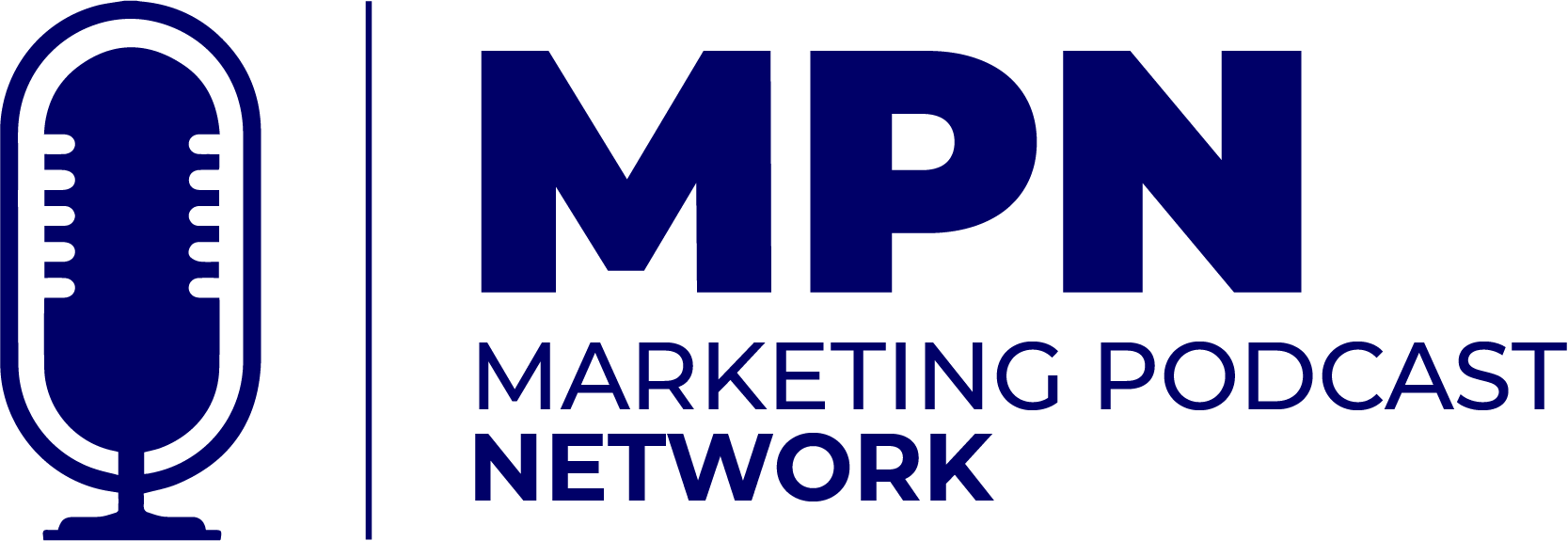
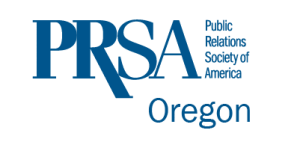
![How Leaders Can “Improv” Company Culture With Erin Diehl [Podcast]](https://www.veracityagency.com/wp-content/uploads/Erin-Diehl-800x600-1.jpg)


![Getting Unstuck with Dr. Charles [Podcast]](https://www.veracityagency.com/wp-content/uploads/Getting-Unstuck-with-Dr-Charles-800x600-1.jpg)

![A Motivational Minute with Libra Forde [Podcast]](https://www.veracityagency.com/wp-content/uploads/Ep-99-Libra-Forde-800x600-1.jpg)
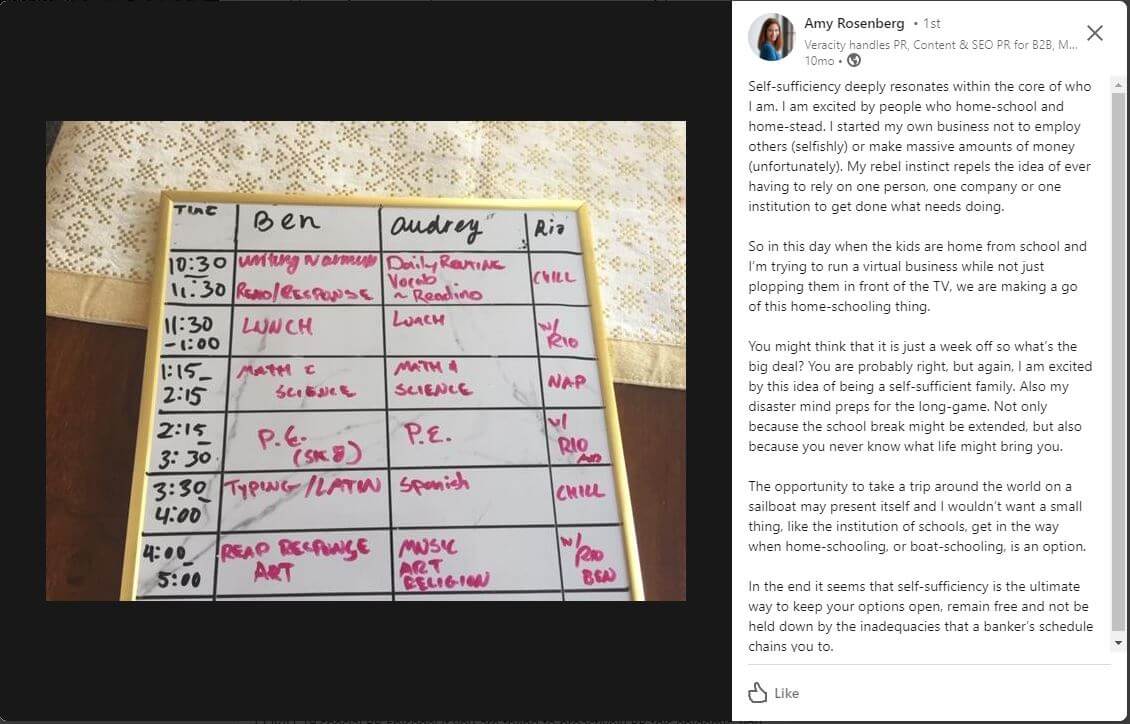
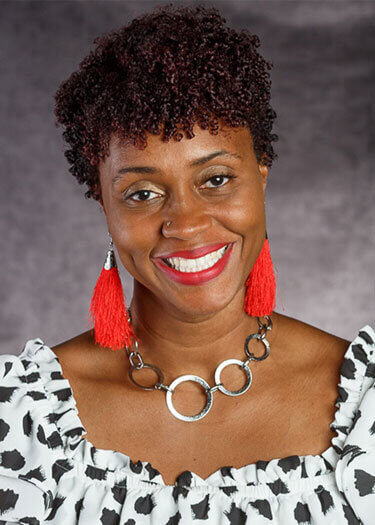
![Leadership with Ken Jacobs [Podcast]](https://www.veracityagency.com/wp-content/uploads/Ep-98-Ken-Jacobs-800x600-1.jpg)

